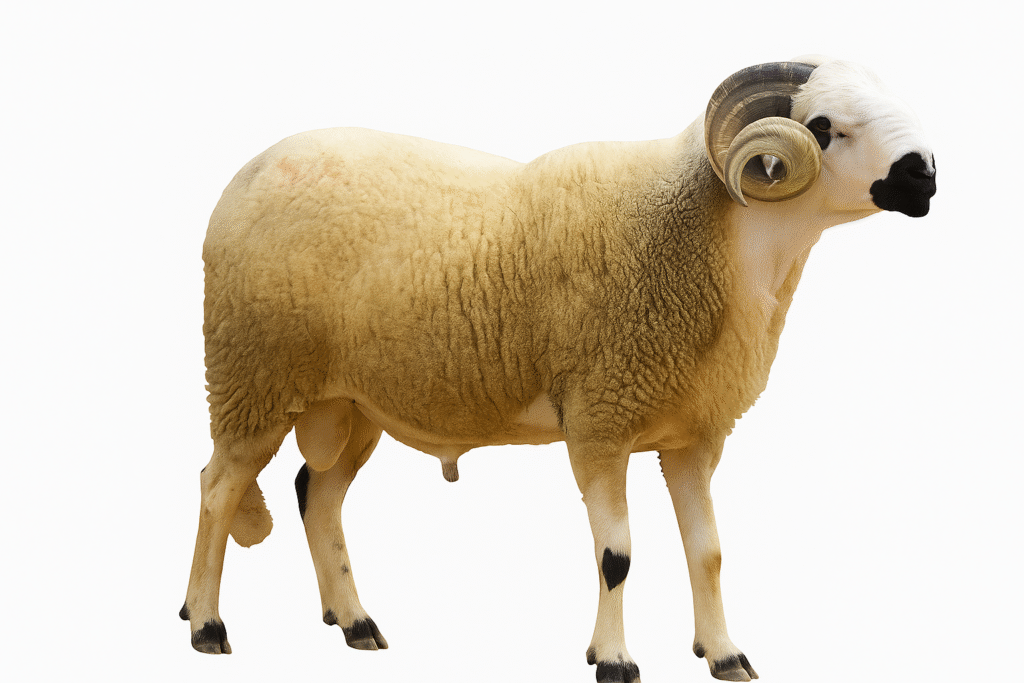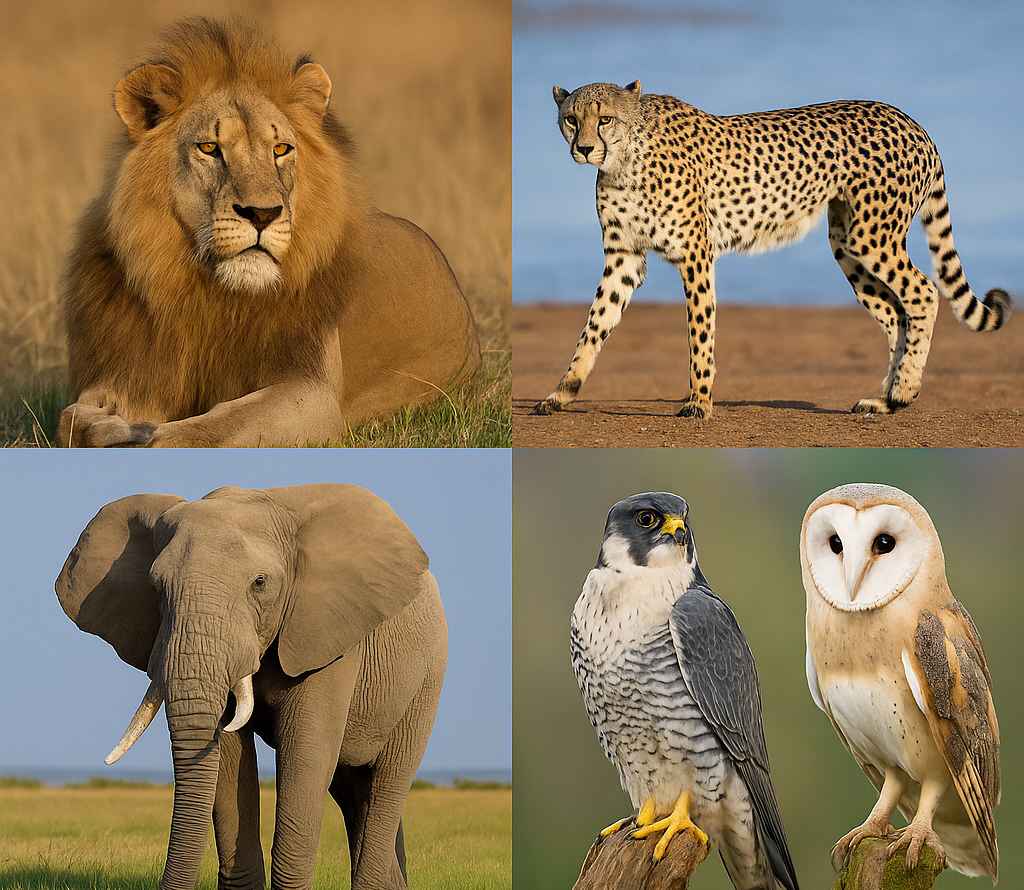
It is impossible to live even a few moments in this world without causing harm to some form of life. When we breathe, countless microorganisms die. When we drink a sip of water, hundreds of bacteria perish. The plants and vegetables we eat are also living beings.
This shows that absolute non-violence (Ahinsa) is not a concept that aligns with the reality of nature.
But does that mean we are free to take lives without restriction? The answer is: Big NO.
The Islamic Balance: Mercy and Responsibility
Islam allows the slaughter of certain animals, but it imposes strict conditions of mercy, responsibility, and purpose.
The Prophet Muhammad (peace be upon him) forbade using animals as pulpits, and forbade one from talking while sitting on animals, saying:
“Do not treat the backs of your beasts as pulpits, for Allah has made them subject to you only to convey you to a town which you cannot reach without difficulty, and He has appointed the earth (a floor to work) for you, so conduct your business on it.”
- On one occasion, when a cooking area was built on a place infested with ants, the Prophet ordered it to be removed.
- He once saw a camel that was visibly upset. It had come to him, complaining that its owner made it work but didn’t feed it properly. The Prophet instructed the owner:
“If you expect work from it, then you must feed it as well.”
Rules of slaughter in Islam:
- The knife must be sharp.
- The animal must not be in pain.
- It should not see other animals being slaughtered.
Modern science also confirms that the Islamic method of slaughter causes the least amount of pain to the animal. This is not cruelty — it is a natural process, done with care and purpose.
Animal Sacrifice
The Islamic ritual of sacrifice, especially during Eid al-Adha, originates from the story of Prophet Ibrahim (Abraham), who saw in a dream that God commanded him to sacrifice his beloved son.
When he moved to fulfill this command, God replaced the son with a ram from Paradise.
God asked for the son’s sacrifice, but didn’t take it. Instead, the act became a symbol of submission — a test of whether one follows God’s will or their own desires.
“It is neither their meat nor their blood that reaches Allah, but your piety.” (Qur’an, Surah Al-Hajj)
Is Animal Sacrifice Unique to Islam?
Animal sacrifice is not unique to Islam. It has existed in:
- Judaism – where ritual animal offerings were central.
- Christianity – which spiritualized sacrifice, seeing Jesus as the sacrificial lamb.
- Hinduism – where ancient scriptures like Manusmriti also supported sacrificial offerings.
From Manusmriti:
Verse 5.30
नात्ता दुष्यत्यदन्नाद्यान् प्राणिनोऽहन्य्ऽहन्यपि ।
धात्रैव सृष्टा ह्याद्याश्च प्राणिनोऽत्तार एव च ॥
The eater incurs no sin by eating, even daily, such animals as are eatable: since the eater as well as the eaten animals have been created by the Creator Himself.
Verse 5.39
यज्ञार्थं पशवः सृष्टाः स्वयमेव स्वयम्भुवा ।
यज्ञोऽस्य भूत्यै सर्वस्य तस्माद् यज्ञे वधोऽवधः ॥
Animals have been created by the Self-born God Himself for the purpose of sacrifice… hence killing at a sacrifice is no ‘killing’ at all.
Natural Law and Islamic Categorization of Animals
Islam categorizes animals into:
- Forbidden – lions, tigers, wolves, vultures, owls, etc.
- Permissible – goats, sheep, buffaloes, chickens, etc.
- Sacrificial – sheep, goats, buffaloes, camels (subset of permissible)
A Remarkable Reality
The animals Islam forbids are endangered or extinct. The ones permitted and sacrificed are thriving in population.
Endangered (Forbidden):
- Lion
- Cheetah
- Polar Bear
- Elephant
- Falcon
- Owl
- Vulture

Flourishing (Permissible):
- Goat
- Sheep
- Camel
- Buffalo
- Chicken
They thrive because they are bred, sustained, and valued — not despite being used.
What If Total Non-Violence Was Enforced?
Consequences of Total Non-Violence
Imagine banning all slaughter for a year:
- Bulls would roam uncontrollably
- Goats could injure people in cities
- Animal overpopulation would bring disease, chaos, and economic collapse
Wild animals already invade towns. Now imagine that daily.
Conclusion
Islam is not against animals — it is against cruelty.
It teaches balance:
- Eat what is lawful and do it respectfully
- Treat animals with kindness
- Sacrifice not for blood, but for surrender to the Creator
The call for non-violence sounds noble — but it is not practical or natural.
True sustainability lies in the balance that Islam promotes — where humans, animals, and nature each have their due.